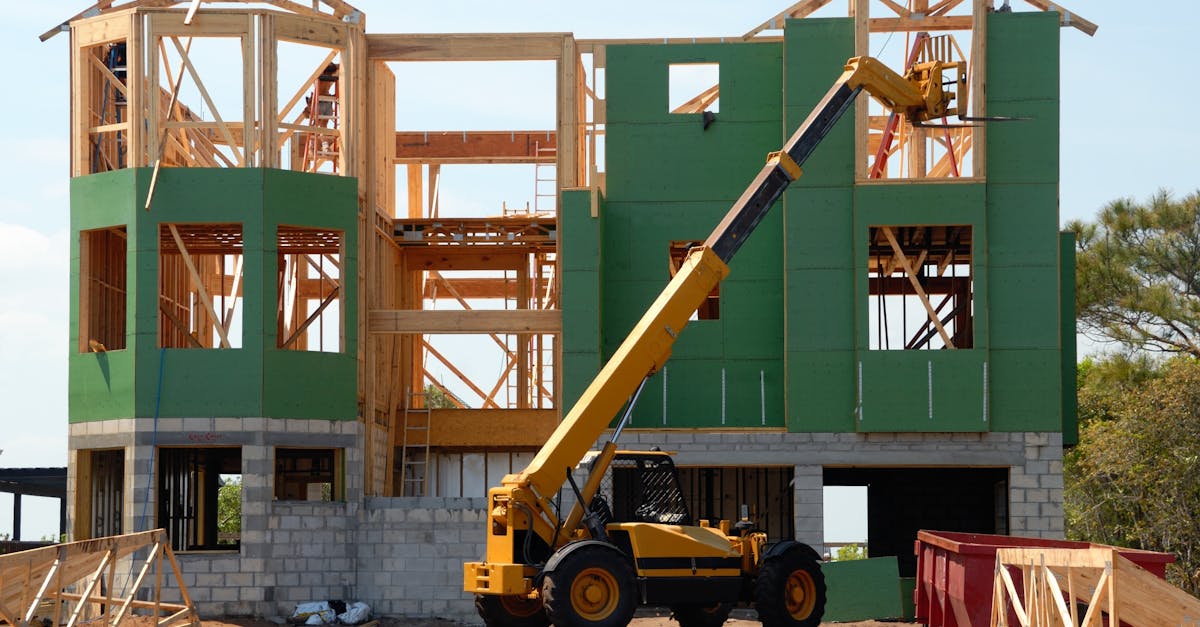
How to Negotiate Easements with Neighboring Property Owners
Table Of Contents
Approaching Your Neighbor
Initiating a conversation with your neighbor about an easement can seem daunting. Establishing a positive rapport is crucial. Choose a time when both of you can engage without distractions. A friendly and open attitude reduces tension and demonstrates a willingness to collaborate.
Bring your thoughts and plans to the discussion but remain receptive to their perspective. Clarifying your intentions and emphasizing the mutual benefits of the easement can pave the way for a constructive dialogue. This sets the stage for further negotiations and fosters a sense of community between you and your neighbor.
Strategies for a Constructive Conversation
Initiating a conversation with your neighbor about easements requires a respectful approach. Start by selecting an appropriate time for both parties to discuss the matter without distractions. A friendly demeanor sets a positive tone and encourages open communication. Clearly state your intentions and the purpose of the discussion. This transparency helps build trust and lays the groundwork for a more productive dialogue.
Active listening is essential during the conversation. Give your neighbor the opportunity to express their thoughts and concerns. Acknowledge their feelings and show that you value their perspective. Refraining from interrupting demonstrates respect and creates a more collaborative atmosphere. Maintain a solution-oriented mindset. Focus on finding common ground and shared benefits, rather than merely pushing your agenda.
Crafting a Fair Proposal
When creating a proposal for an easement, clarity is paramount. Clearly outline the purpose of the easement, detailing how it will benefit both parties. Specify the exact area involved and the type of easement being requested, whether it be for access, utility placement, or drainage. Providing maps or diagrams can help visualize the proposal, making it easier for your neighbor to understand the intended use of the space.
In addition to the details, address the timeframe for the easement and any anticipated activities that may occur. Include provisions for maintenance and any potential disruptions that might arise. Being transparent about how the easement will be managed can alleviate concerns and demonstrate your commitment to maintaining a good relationship with your neighbor. Show an openness to feedback and be willing to adapt your proposal if needed.
Elements to Include in Your Proposal
When presenting a proposal for an easement, clarity is paramount. Begin by outlining the specific area for the easement. Include detailed maps or diagrams to illustrate the exact dimensions and location. Clearly express the intended use of the easement, whether it's for access, utilities, or drainage. This information helps set the context and allows your neighbor to visualize how the agreement will function.
Additionally, address any potential impacts on the neighboring property. Discuss maintenance responsibilities and any alterations that may be necessary. It's wise to specify the duration of the easement and explore compensation options if applicable. By being thorough and transparent about all aspects, you create a foundation for a constructive dialogue that can lead to a mutually beneficial agreement.
Addressing Common Concerns
When negotiating easements, anticipating concerns from your neighbor can help foster a cooperative atmosphere. Concerns often revolve around how the easement may affect property value, privacy, or future use of the land. Addressing these points openly and with empathy can mitigate fears. Understanding your neighbor's perspective will allow for a more meaningful discussion, making them feel heard and valued in the process.
Additionally, emphasizing the benefits of the easement to both parties can be a powerful strategy. Offer to include safeguards in the agreement that protect your neighbor's interests, such as maintaining landscaping or limiting the types of activities allowed on the easement. This kind of proactive engagement demonstrates your willingness to create a mutually beneficial arrangement, paving the way for more constructive dialogue.
Solutions for Potential Disputes
When disputes arise over an easement agreement, clear communication can often help to resolve misunderstandings. Both parties should make an effort to discuss concerns openly, ensuring that each neighbor feels heard. Setting aside time for a face-to-face conversation may prove beneficial. Being respectful while expressing personal needs and limitations fosters a collaborative atmosphere, which can lead to finding a mutually acceptable solution.
If a disagreement persists, formal mediation may be a productive option. Engaging a neutral third party can facilitate discussions and help to identify common ground. Additionally, documenting all agreements and communications can provide clarity and serve as a reference for both parties. Having a written record minimizes the likelihood of misinterpretations and supports adherence to agreed terms over time.
FAQS
What is an easement?
An easement is a legal right to use someone else's property for a specific purpose, such as access to a road, utilities, or other essential services.
How should I approach my neighbor about negotiating an easement?
It’s best to approach your neighbor in a friendly and respectful manner. Choose a suitable time to have an open conversation, and express your intentions clearly while showing willingness to listen to their concerns.
What should I include in my easement proposal?
Your proposal should include details such as the purpose of the easement, the specific area it covers, any time frames for use, maintenance responsibilities, and any compensation or benefits offered to the neighbor.
What are some common concerns neighbors might have about easements?
Neighbors may worry about potential disruptions to their property, changes to their property's value, liability issues, or how the easement could affect their future plans.
How can I resolve disputes that arise during the easement negotiation process?
It's important to maintain open communication and be willing to compromise. If disputes escalate, consider mediation or consulting a legal professional to help find a resolution that works for both parties.
Related Links
The Process of Establishing an EasementThe Role of Easements in Property Development
Legal Remedies for Easement Violations
The Importance of Title Searches in Property Rights
Prescriptive Easements: What You Need to Know